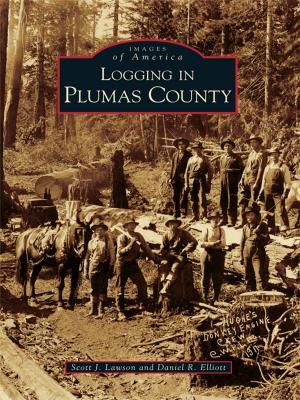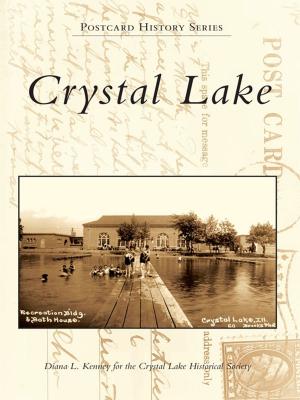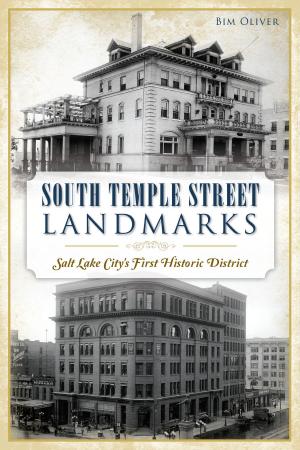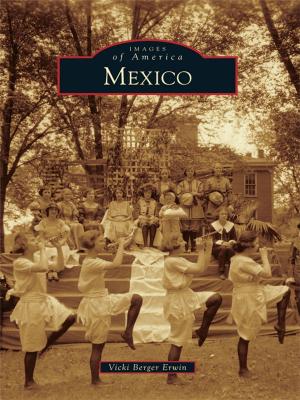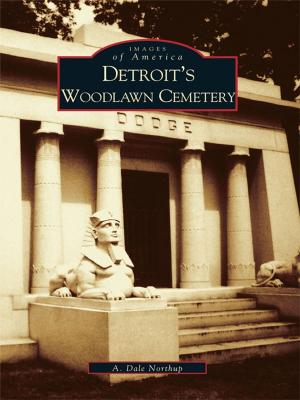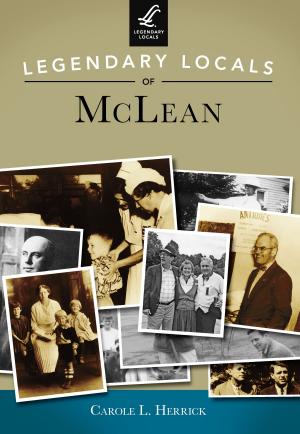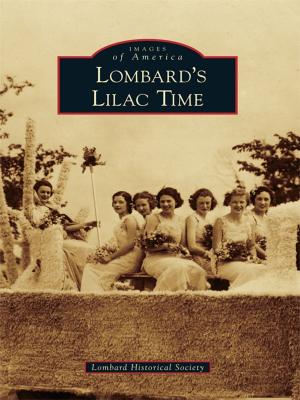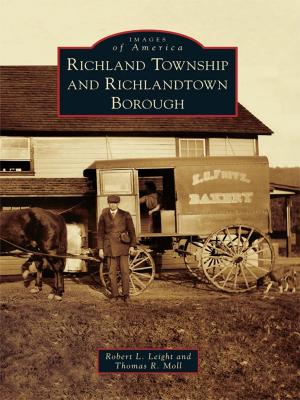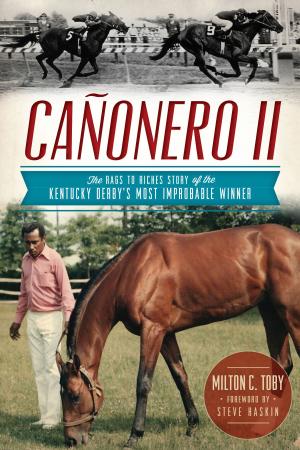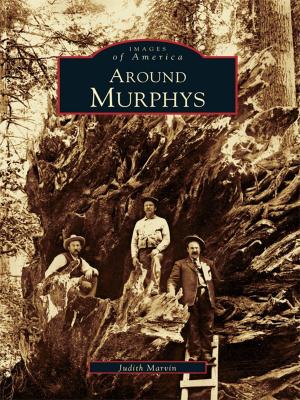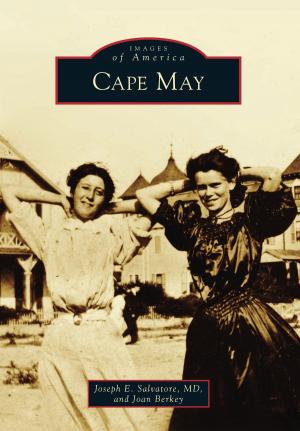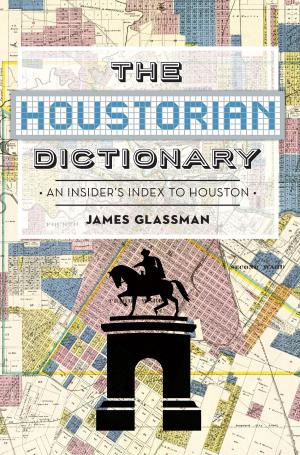| Author: | J. Grahame Long | ISBN: | 9781614237785 |
| Publisher: | Arcadia Publishing Inc. | Publication: | November 20, 2012 |
| Imprint: | The History Press | Language: | English |
| Author: | J. Grahame Long |
| ISBN: | 9781614237785 |
| Publisher: | Arcadia Publishing Inc. |
| Publication: | November 20, 2012 |
| Imprint: | The History Press |
| Language: | English |
Though no landmarks or memorials formally recognize dueling in Charleston, it remains a quintessential element of the Holy City's legacy. Most upstanding locals nourished the duelist's tradition, many going so far as to make it an integral part of their social lives. For a time, even the most casual character insults or slurs toward one's moral fiber or family lineage invited a challenge, and almost always, the offended party was expected to retaliate. Thus, finding full expression in frequency and public acceptance throughout the Lowcountry, a gentleman's duel was a crucial--albeit deadly--matter of taste and caste. For two centuries, Charlestonians dueled habitually, settling personal grievances with malice instead of mediation. Charleston historian J. Grahame Long presents a charming portrait of this dreadfully civilized custom.
Though no landmarks or memorials formally recognize dueling in Charleston, it remains a quintessential element of the Holy City's legacy. Most upstanding locals nourished the duelist's tradition, many going so far as to make it an integral part of their social lives. For a time, even the most casual character insults or slurs toward one's moral fiber or family lineage invited a challenge, and almost always, the offended party was expected to retaliate. Thus, finding full expression in frequency and public acceptance throughout the Lowcountry, a gentleman's duel was a crucial--albeit deadly--matter of taste and caste. For two centuries, Charlestonians dueled habitually, settling personal grievances with malice instead of mediation. Charleston historian J. Grahame Long presents a charming portrait of this dreadfully civilized custom.


